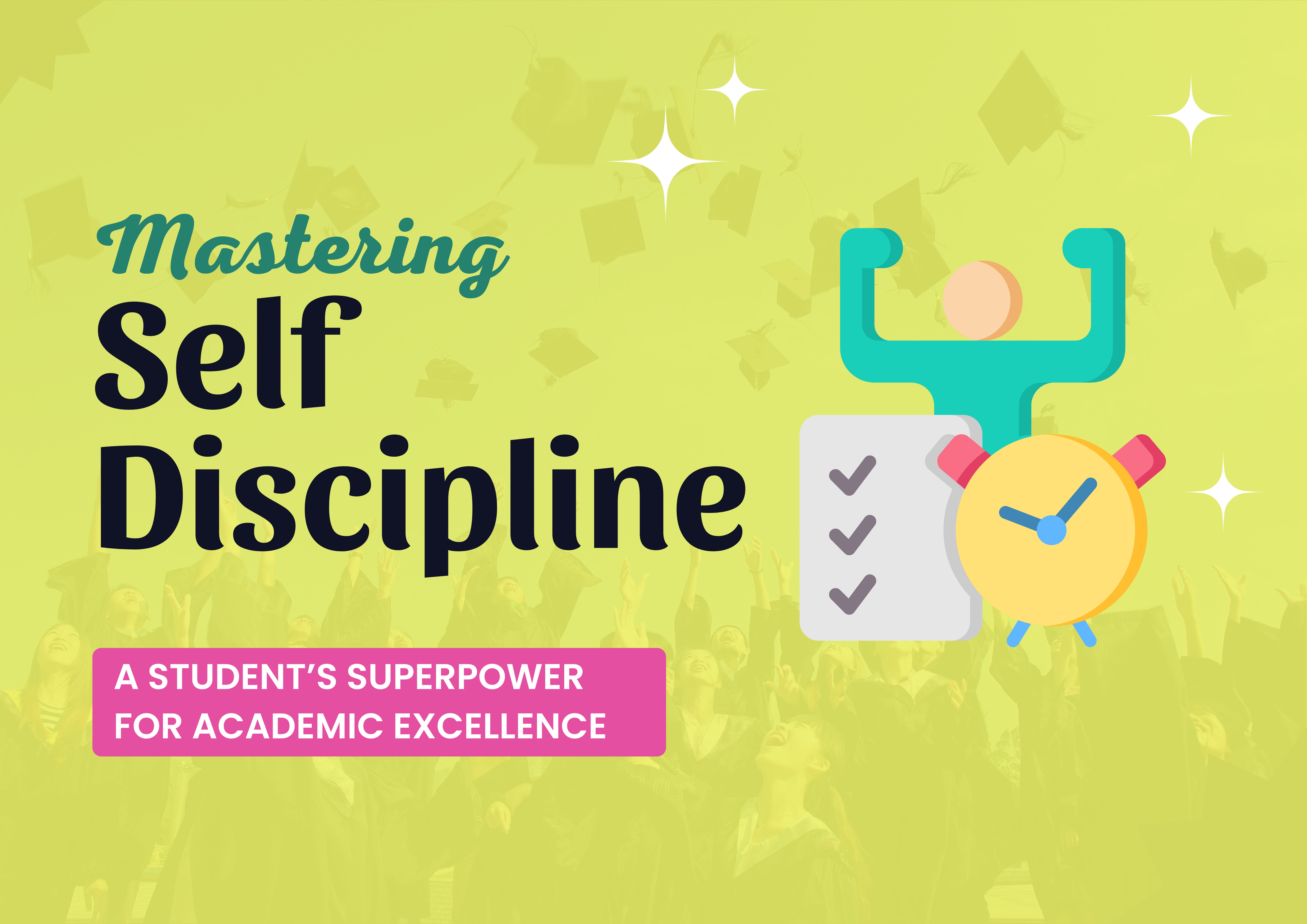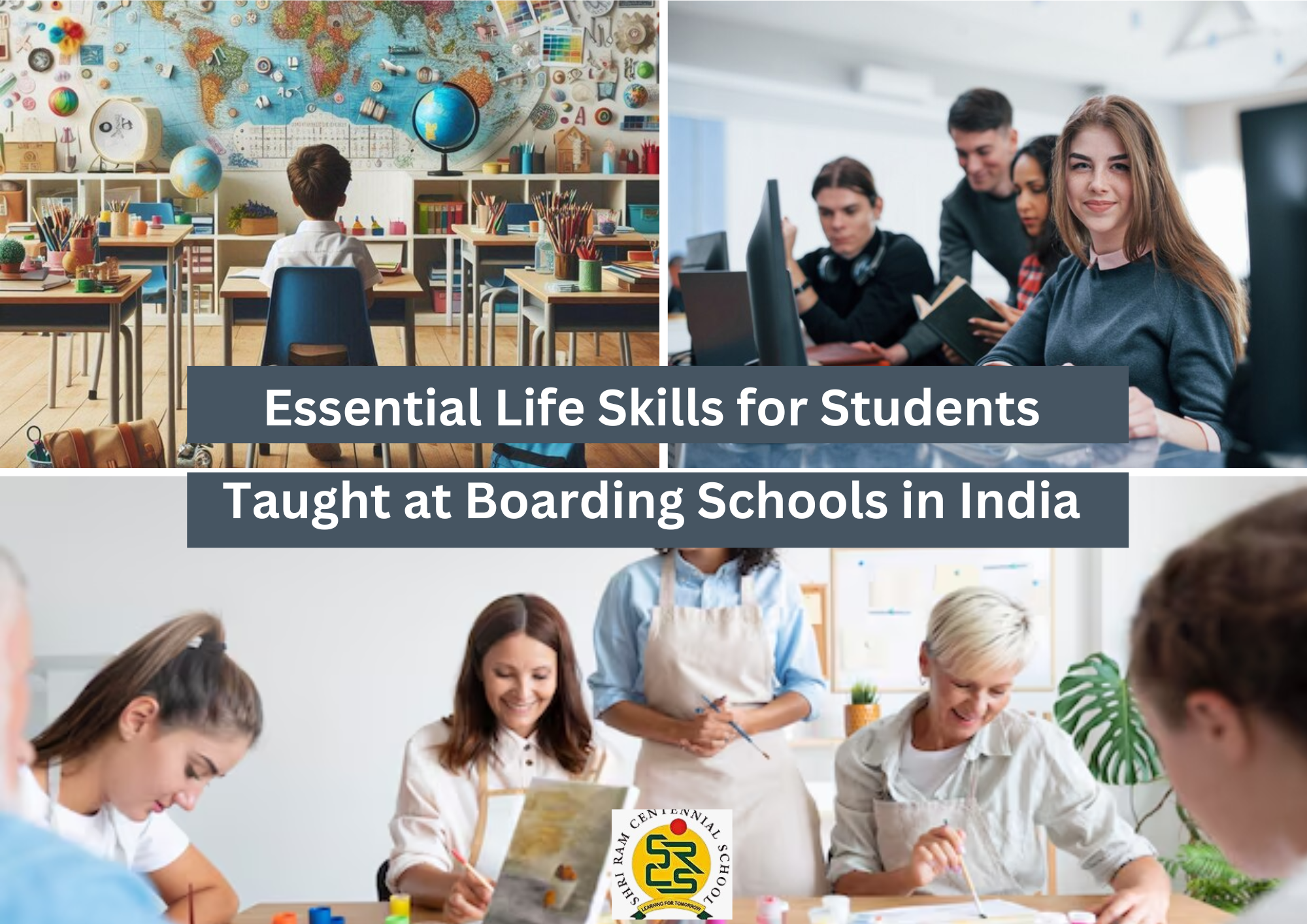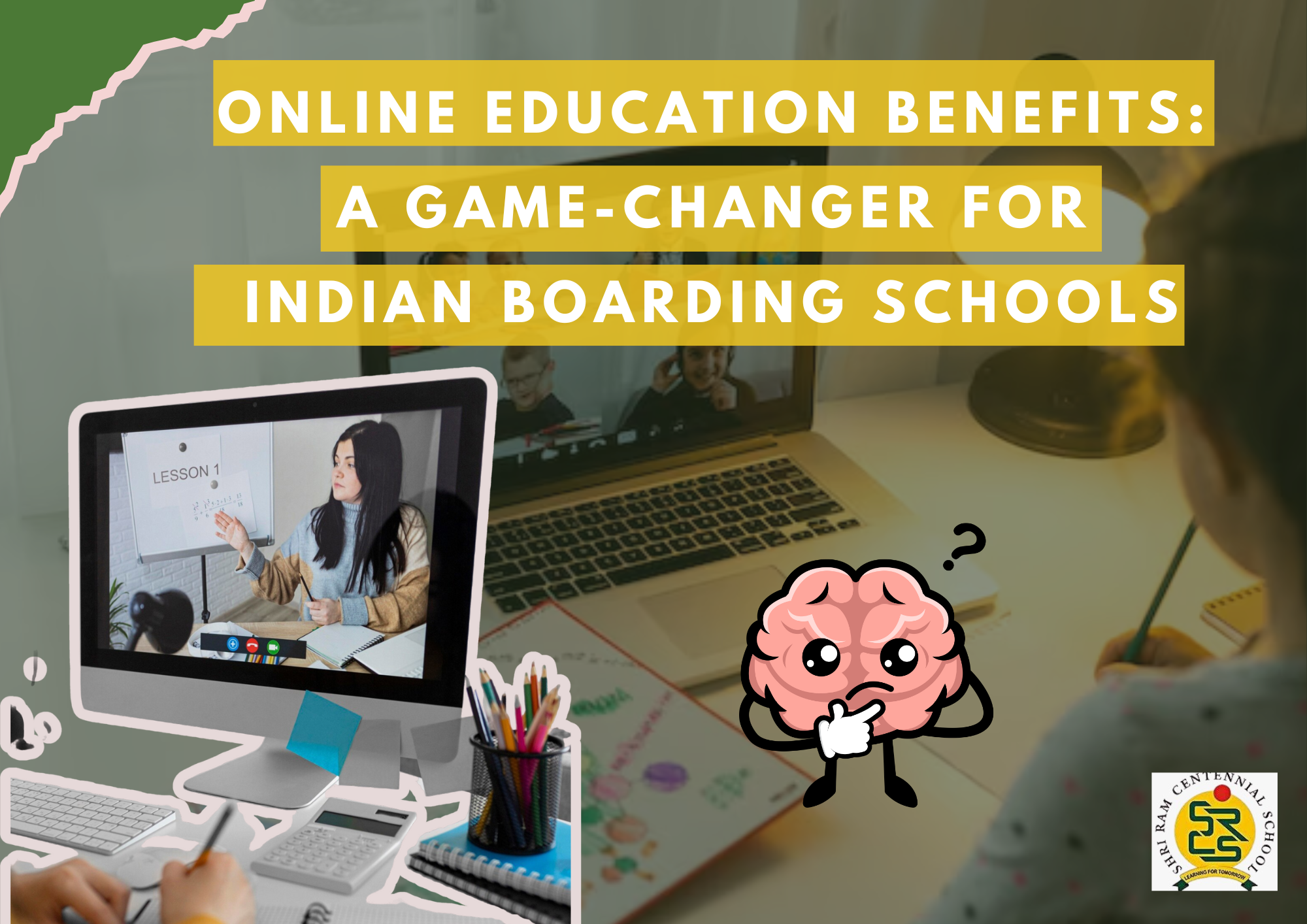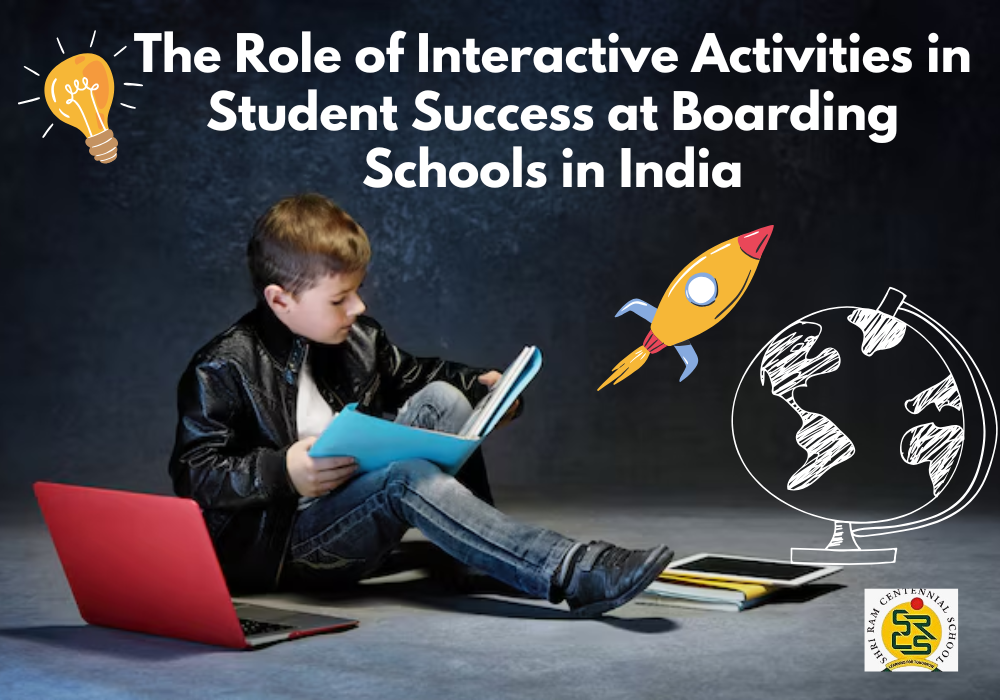Boarding schools in India provide an environment where students gain more than just academic knowledge.
They also develop essential life skills that equip them for future challenges. These life skills, often embedded into the curriculum and daily routines, shape students into independent, responsible, and socially aware individuals.
This article explores the key life skills for students taught in boarding schools, focusing on how these skills contribute to their personal growth and lifelong success.
Why Life Skills Matter for Students

Life skills are crucial for students as they prepare to face the world independently. Unlike traditional classroom learning, life skills offer practical tools that promote self-awareness, decision-making, and interpersonal relationships. Boarding schools in India prioritize these skills to help students become well-rounded individuals. Some of the significant benefits include:
- Increased Independence: Boarding schools encourage students to take charge of their lives, teaching them to handle responsibilities independently.
- Better Social Skills: Living away from home helps students interact with a diverse group of peers, enhancing their ability to communicate and empathize with others.
- Improved Resilience: By dealing with various challenges on their own, students learn to adapt and stay resilient under pressure.
- Strong Decision-Making Abilities: Students learn to make informed choices in academic and social settings, a skill that is essential for personal and professional life.
Key Life Skills for Students Taught in Boarding Schools

Boarding schools are structured to cultivatelife skills for students naturally through daily routines, interactions, and the support of experienced faculty. Here are some of the essential life skills for students taught in boarding schools in India:
1. Time Management
Effective time management is one of the most valuable life skills that students learn in a boarding school setting. With a structured schedule, students learn how to allocate their time effectively between academics, sports, hobbies, and relaxation.
- Setting Priorities: Boarding schools teach students to prioritize tasks, helping them to balance academic and personal life.
- Planning and Scheduling: Through homework deadlines, extracurricular activities, and personal time, students learn to create a schedule that maximizes productivity.
- Meeting Deadlines: Students learn the importance of timely submission, which prepares them for future professional responsibilities.
2. Self-Discipline and Responsibility
In a boarding school environment, students must adhere to routines and rules that instill a sense of self-discipline and responsibility. These qualities are essential for personal growth and success in any career.
- Personal Accountability: Students learn to take responsibility for their actions and decisions, an important life skill for long-term success.
- Adhering to Rules: Boarding schools emphasize the importance of following rules, which helps students understand the value of discipline.
- Self-Motivation: With limited parental supervision, students learn to motivate themselves to study, participate in activities, and maintain personal routines.
3. Communication Skills
Communication is an essential life skill, and boarding schools provide ample opportunities for students to improve their verbal and written communication abilities. Living in a close-knit environment encourages students to express themselves clearly and confidently.
- Public Speaking: Through presentations and group discussions, students enhance their public speaking skills.
- Interpersonal Skills: Living with peers requires active listening, empathy, and conflict resolution, all of which strengthen interpersonal skills.
- Teamwork: Group projects, sports, and other collaborative activities foster teamwork and teach students to work effectively with others.
4. Problem-Solving and Decision-Making
Boarding school life often involves challenges that encourage students to develop problem-solving and decision-making skills. These experiences build confidence and prepare students to face real-world situations.
- Critical Thinking: Students learn to analyze situations critically and come up with practical solutions.
- Weighing Options: They develop the ability to evaluate different options and make sound decisions.
- Handling Pressure: Students become adept at managing stress, which is essential for successful decision-making in high-pressure scenarios.
5. Emotional Intelligence
Emotional intelligence is crucial for building strong relationships and understanding oneself. Boarding schools offer an environment where students can grow emotionally and learn to handle various emotions constructively.
- Self-Awareness: Boarding schools encourage students to understand their strengths, weaknesses, and emotions, which is essential for self-growth.
- Empathy: Interacting with students from diverse backgrounds helps build empathy and the ability to connect with others.
- Managing Emotions: Students learn to handle their emotions, a skill that promotes resilience and emotional maturity.
6. Adaptability and Resilience
Living in a boarding school requires students to adapt to a new environment and handle various challenges independently. These experiences foster resilience and adaptability, preparing them for diverse life situations.
- Coping with Change: Adjusting to a new environment helps students become more flexible and open to change.
- Learning from Setbacks: Students are encouraged to view setbacks as opportunities for growth, an important lesson in resilience.
- Embracing Challenges: The structured challenges in a boarding school setting help students build a positive mindset toward tackling obstacles.
7. Financial Literacy
Many boarding schools in India include basic financial management as part of their curriculum or extra-curricular activities. Learning how to handle money responsibly from an early age instills financial discipline and prepares students for future independence.
- Budgeting: Students learn to manage pocket money, which teaches them to budget and prioritize expenses.
- Saving and Spending Wisely: Boarding schools emphasize the value of saving and making smart financial choices.
- Understanding Basic Financial Concepts: Students are introduced to basic financial concepts, laying the groundwork for responsible money management.
8. Healthy Living and Self-Care
A strong emphasis is placed on the importance of physical and mental health in boarding schools. Students are taught healthy habits and self-care techniques, contributing to their overall well-being.
- Exercise and Fitness: Regular sports and physical activities are part of the boarding school routine, encouraging students to stay active.
- Balanced Diet: Boarding schools often provide nutritious meals and educate students on the benefits of a balanced diet.
- Mental Health Awareness: Many boarding schools prioritize mental health by offering counseling services and workshops on stress management.
The Role of Boarding Schools in Teaching Life Skills for Students
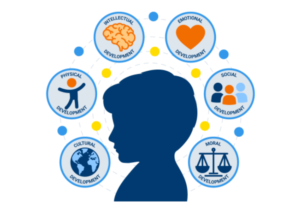
Boarding schools in India are uniquely positioned to provide a balanced approach to education, combining academics with essential life skills for students. In a boarding school environment, students experience a structured daily routine that instills discipline and time management.
Furthermore, they are exposed to diverse social interactions, which help them develop communication, empathy, and teamwork skills.
Boarding schools also promote a growth mindset, encouraging students to view mistakes as opportunities for learning.
This approach helps students build resilience, adaptability, and problem-solving skills, which are crucial for handling real-world challenges.
In addition, boarding schools emphasize the importance of mental and physical well-being, providing resources that encourage a healthy lifestyle.
By fostering independence, responsibility, and emotional maturity, boarding schools prepare students for life beyond academics, ensuring that they become capable, self-sufficient adults.
Tips for Parents on Supporting Life Skill Development at Home
While boarding schools provide a solid foundation for life skills for students development, parents can play a complementary role in reinforcing these skills at home. Here are some tips for parents to support their children’s growth:
- Encourage Independence: Allow children to make their own decisions whenever appropriate, promoting independence and confidence.
- Teach Financial Responsibility: Encourage children to manage small allowances to practice budgeting and saving.
- Promote Open Communication: Foster a safe environment where children feel comfortable expressing their feelings, which helps them develop emotional intelligence.
- Encourage Time Management: Support children in setting schedules for studying and leisure, reinforcing the time management skills they learn in boarding school.
- Model Positive Behavior: Demonstrate empathy, resilience, and responsibility in daily life to set a positive example for your child.
Conclusion
The comprehensive education provided by boarding schools in India goes beyond academics to focus on essential life skills for students.
By cultivating skills like time management, communication, resilience, and self-care, boarding schools ensure that students are well-prepared to navigate the challenges of adulthood.
These life skills serve as a strong foundation for personal and professional growth, empowering students to succeed in various aspects of life.
For students and parents considering the boarding school experience, it’s essential to recognize the long-term value that these life skills for students bring.
Boarding schools shape students not only into good learners but also into responsible, capable, and emotionally mature individuals who are ready to thrive in an ever-changing world.


